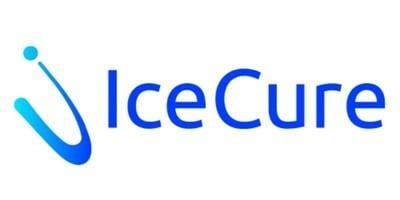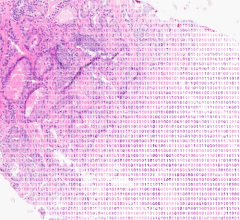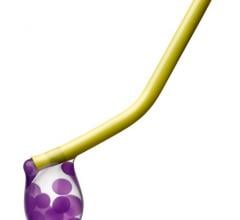
Sept. 16, 2024 — IceCure Medical Ltd. has announced the publication of an independent study led by Dr. Franco Orsi, Director of Interventional Radiology at the European Institute of Oncology (IEO) in Milan, Italy titled "Liquid Nitrogen-Based Cryoablation: Complication Rates for Lung, Bone, and Soft Tissue Tumors." Ths study was published by Oxford University Press on behalf of the British Institute of Radiology.
"Cryoablation with liquid nitrogen has a growing role in early oncology treatments across a wide variety of cancer types and particularly for patients who may have multiple comorbidities and/or who want to avoid surgery. As interventional radiologists are increasingly and effectively using cryoablation, it's important to note Dr. Orsi and his colleagues underscore in the paper that interventional radiology is now the fourth pillar of the oncology field, alongside clinical oncology, surgical oncology and radiation therapy," stated IceCure's CEO, Eyal Shamir. "We are very pleased that ProSense® is providing a minimally invasive option to treat cancer patients early, safely and effectively."
The study assessed the complication rate both during and 24 hours after treatment with IceCure's cryoablation system in 85 patients who were treated for 96 lesions (tumors), 36.4 percent of which were lesions in bones, 18.8 percent in lungs, and 44.8 percent in soft tissue. The primary technical success rate, defined as complete tumor coverage, was 97.7 percent. Patients with benign and malignant tumors were treated for either curative or palliative intent. Minor complications resolved themselves without intervention or merely required simple interventions such as drainage. The study concluded that cryoablation using an LN2-based system, such as ProSense, is safe across various tumor sizes and locations, with only minor complications observed.
LN2-based cryoablation was compared to argon-based systems in the study who point to the benefits of LN2 procedures including its suitability for office-based procedures performed under local anesthesia, compared to argon systems which typically require general anesthesia and are therefore less suitable for office procedures. The study also addresses the challenges of argon systems requiring large argon gas cylinders, which necessitate dedicated storage space and trained personnel for transport, as well as the higher cost of the procedure due to the use of multiple cryoprobes as well as the use of noble gases, argon and helium. The study demonstrates that LN2-based systems, such as ProSense, are more cost effective and easier to manage.
Two previously published independent lung cancer studies of ProSense in the treatment of lung cancer, which evaluated the procedure's local control and recurrence free rate, reported 96 percent and 100 percent three-year recurrence free rates. Independent and IceCure-sponsored studies of other interventional radiology indications are ongoing.
For more information, please visit www.icecure-medical.com.


 September 07, 2023
September 07, 2023 






